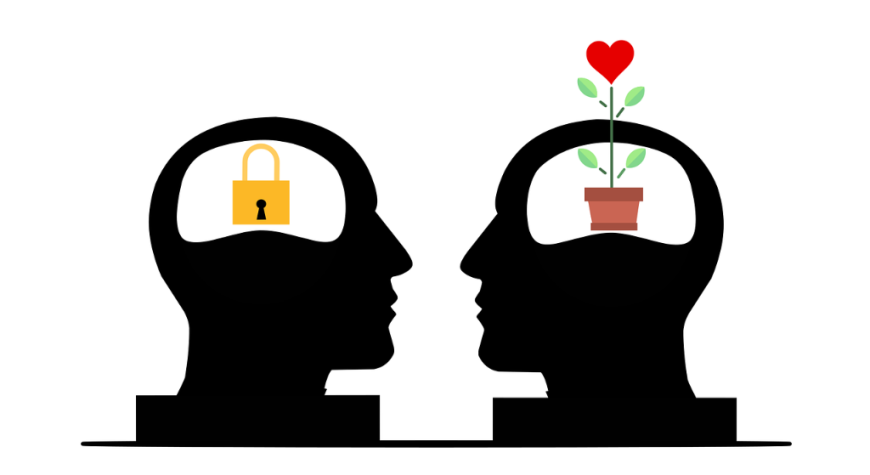It’s time. This is your Kairos…
Neurodiverse Relationships

When we talk about a neurodiverse relationship, we mean one where one partner is neurotypical and the other is neurodivgent – typically someone on the Autism Spectrum, this can also apply to individuals who may have a condition called ‘Alexithymia’ which represent a sub-group of autism but is distinct from Autism and is considered more of a personality trait. Individuals with ‘Alexithymia’ often struggle with emotional processing difficulties and struggle to convey deeper, emotional feelings within themselves and to others, often impacting those in relationships closest to them.
Importance of Understanding Neurodiversity
Creating and managing relationships with neurodiverse individuals is important, however there are some difficulties that need to be considered.
It can be helpful to begin with developing an understanding of neurodiversity and recognizing that neurodivergent individuals have unique perspectives and abilities.
However managing neurodiverse relationships becomes challenging because the tendency is to try to correct the different ways of thinking or behaving rather than understanding them. Instead of correcting differences it would be better to understand and embrace neurological differences.
Common Issues in Neurodiverse Relationships
Some of the differences involve miscommunication, difficulty expressing emotions, and differing sensory sensitivities. Social stigma attached to autism and general ignorance often exaggerate these difficulties, so it is essential to approach neurodiverse relationships with empathy, patience, and a willingness to learn and adapt. Navigating neurodiverse relationships can be challenging, but it is possible to make relationships successful by using understanding, flexibility, patience, and effective communication.
Unique Strengths and Rewards of Neurodiverse Relationships
Despite the challenges, a relationship with a neurodivergent partner can also bring unique rewards, strengths, and perspectives. Neurodivergent individuals often possess intense focus, passion, and unique ways of experiencing pleasure and intimacy. By embracing these differences, sexual relationships can become an opportunity for growth, appreciation, and discovering alternative forms of pleasure.
Professional Support for Neurodiverse Couples
It is important to understand and embrace the differences between neurodivergent and neurotypical people rather than trying to “fix” them. Clinicians highly trained to identify whether these interactional patterns are affecting relationships can often help marriages/non-married couples maneuver communication issues that can cause emotional distress through education, cognitive-behavioral therapies and Gottman method.

